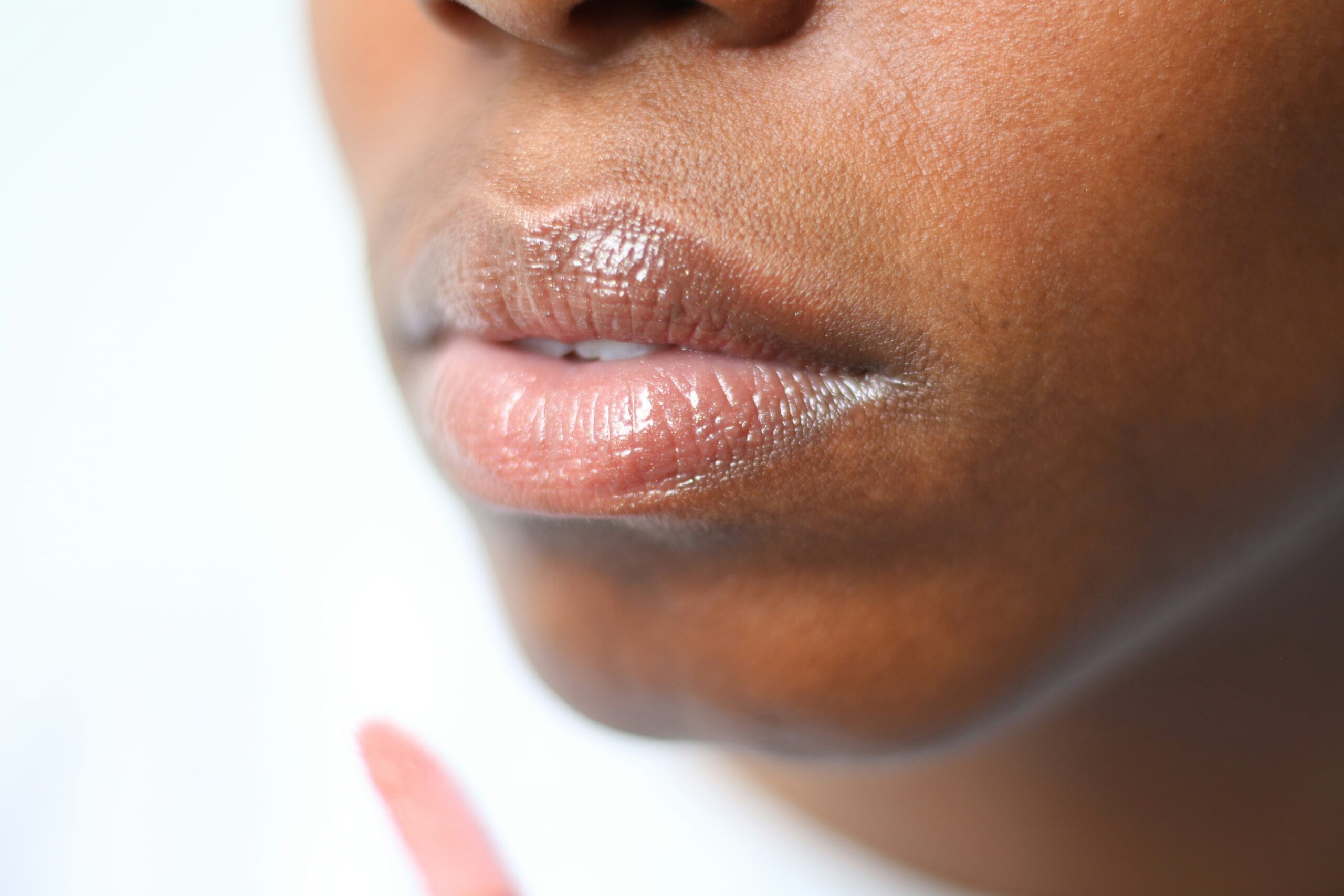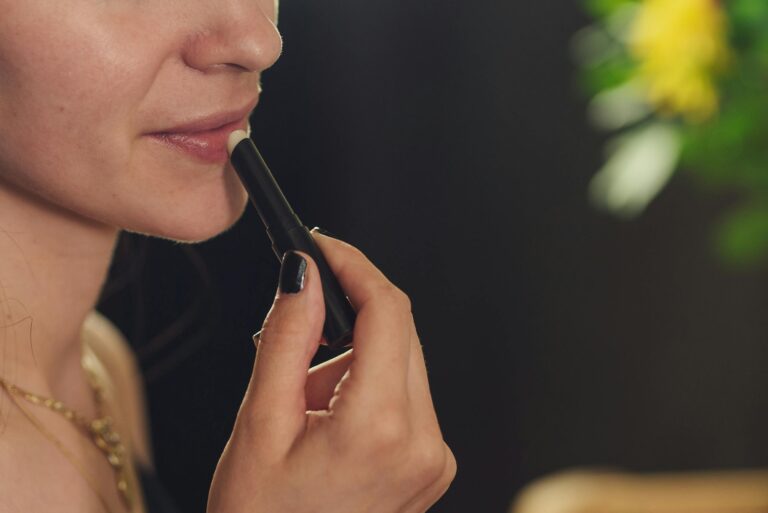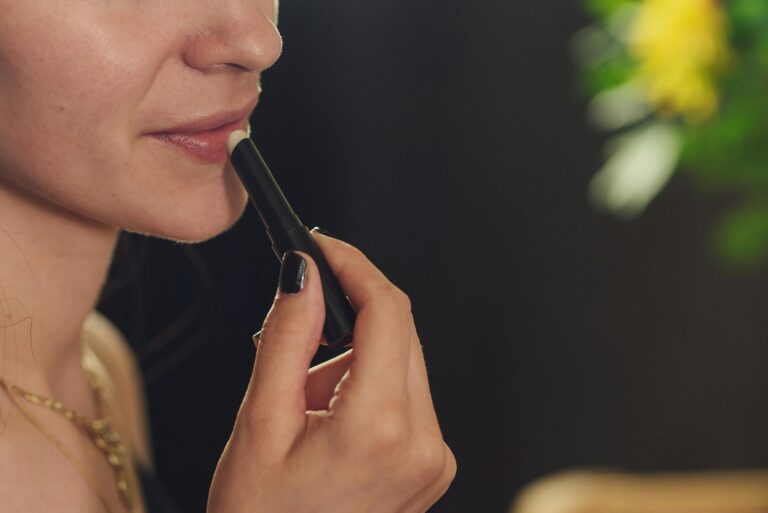As the temperature drops, our skin faces the brunt of the harsh, cold weather. Among the most affected areas are our lips, which are particularly vulnerable to drying out, chapping, and cracking during the winter months.
Unlike other parts of the body, the skin on our lips lacks oil glands, making it more prone to dryness and irritation. Cold winds, low humidity, and indoor heating can strip away natural moisture, leaving lips feeling tight and uncomfortable.
Fortunately, with a few simple but effective lip care strategies, you can keep your lips soft, smooth, and protected all winter long. In this article, we will explore essential lip care tips to help you maintain healthy and hydrated lips throughout the cold season.
1. Stay Hydrated
One of the most important steps to keeping your lips healthy in cold weather is staying hydrated. Drinking plenty of water helps maintain moisture levels in your skin, including your lips.
When the body is dehydrated, it draws moisture from the skin, which can make the lips dry and prone to cracking. Make it a habit to drink at least eight glasses of water a day to keep your lips and skin hydrated from the inside out.
Additionally, consider using a humidifier at home to add moisture to the air, especially when indoor heating systems are in use, as these can dry out the air and your lips.
2. Use a Hydrating Lip Balm
Investing in a high-quality, hydrating lip balm is essential for protecting your lips against the cold weather. Look for a lip balm that contains nourishing ingredients like shea butter, coconut oil, or beeswax. These ingredients help to seal in moisture and create a protective barrier against harsh elements.
Apply lip balm frequently throughout the day, especially before going outside and before bed, to keep your lips moisturized and prevent them from drying out. Avoid lip balms with ingredients like menthol, camphor, or alcohol, as these can further dry out your lips and cause irritation.
3. Exfoliate Gently
Regular exfoliation helps to remove dead skin cells that can accumulate on the lips and cause them to appear dull and flaky. Use a gentle lip scrub or make your own by mixing sugar with honey or coconut oil.
Exfoliate your lips once or twice a week to maintain a smooth, even texture. Be gentle while exfoliating to avoid causing further irritation or micro tears in the delicate skin of the lips. Follow up with a nourishing lip balm to lock in moisture and protect the freshly exfoliated skin.
4. Protect Your Lips from the Elements
When heading outdoors in cold weather, it’s important to shield your lips from the harsh elements. Wear a scarf or a high-collared coat to cover your mouth and protect your lips from cold winds and dry air. You can also apply a thicker layer of lip balm or a lip mask as an added layer of protection.
Look for a lip balm with SPF to shield your lips from UV rays, as sun exposure can still damage your lips even in winter. Regular protection helps to maintain lip hydration and prevent chapping and cracking.
5. Avoid Licking Your Lips
It might be tempting to lick your lips when they feel dry, but this habit can actually make the problem worse. Saliva evaporates quickly, taking the natural moisture from your lips along with it. This can lead to further dryness, chapping, and even small cracks.
Instead of licking your lips, reach for a hydrating lip balm whenever they feel dry. Keeping a lip balm handy in your bag, pocket, or on your desk can help you resist the urge to lick your lips and keep them properly moisturized.
6. Choose Lip Products Wisely
Not all lip products are created equal, and some can be more drying than others. During cold weather, opt for moisturizing lipsticks and glosses that contain hydrating ingredients such as shea butter, jojoba oil, or vitamin E. Avoid matte or long-lasting lipsticks, as these formulas tend to dry out the lips more quickly.
If you prefer wearing matte lipstick, apply a layer of hydrating lip balm underneath to protect your lips and keep them moisturized. Also, be mindful of lip stains and tints, as they can be drying and may require extra moisturizing efforts.
7. Maintain a Healthy Diet
A healthy diet plays a crucial role in keeping your lips, and overall skin, healthy and hydrated. Incorporate foods rich in vitamins A, C, and E, as well as omega-3 fatty acids, into your diet to promote skin health.
Foods like avocados, nuts, seeds, and leafy greens are excellent sources of these nutrients. Staying well-nourished ensures that your skin, including your lips, has the nutrients it needs to stay hydrated and resilient against cold weather damage.
8. Refrain from Picking or Peeling
It can be tempting to pick at dry, flaky skin on your lips, but doing so can cause more harm than good. Picking or peeling dry skin can lead to small cuts, bleeding, and even infections.
Instead of picking, gently exfoliate your lips to remove dry skin and always keep them moisturized with a hydrating lip balm. If your lips are severely chapped, consider using a lip mask or ointment to help repair and soothe the skin.
Conclusion
Taking care of your lips in cold weather requires a bit of extra attention and care, but the results are worth it. By staying hydrated, using a nourishing lip balm, exfoliating gently, and protecting your lips from the elements, you can keep your lips soft, smooth, and healthy all winter long. Remember to avoid habits that can worsen dryness, such as licking your lips, and choose your lip products wisely to maintain optimal lip health.
Frequently Asked Questions (FAQs)
1. How often should I apply lip balm in cold weather?
It is recommended to apply lip balm several times a day, especially before going outside and before bed. Reapply as needed whenever your lips feel dry or chapped to maintain hydration and protect against the elements.
2. Can I use a regular body scrub to exfoliate my lips?
No, regular body scrubs are too harsh for the delicate skin on your lips. Use a gentle lip scrub specifically designed for lips or create a DIY scrub using sugar and honey or coconut oil for a safer option.
3. What ingredients should I avoid in lip balms?
Avoid lip balms that contain menthol, camphor, phenol, or alcohol, as these ingredients can dry out your lips and cause irritation. Look for balms with nourishing ingredients like shea butter, beeswax, and natural oils.
4. How can I prevent my lips from drying out overnight?
Apply a thick layer of hydrating lip balm or a lip mask before bed to lock in moisture and protect your lips overnight. Consider using a humidifier in your bedroom to add moisture to the air and prevent your lips from drying out while you sleep.
5. Are there any home remedies for chapped lips?
Yes, several home remedies can help soothe chapped lips, including applying honey, aloe vera gel, or coconut oil. These natural ingredients have moisturizing and healing properties that can help repair and hydrate dry, cracked lips.



